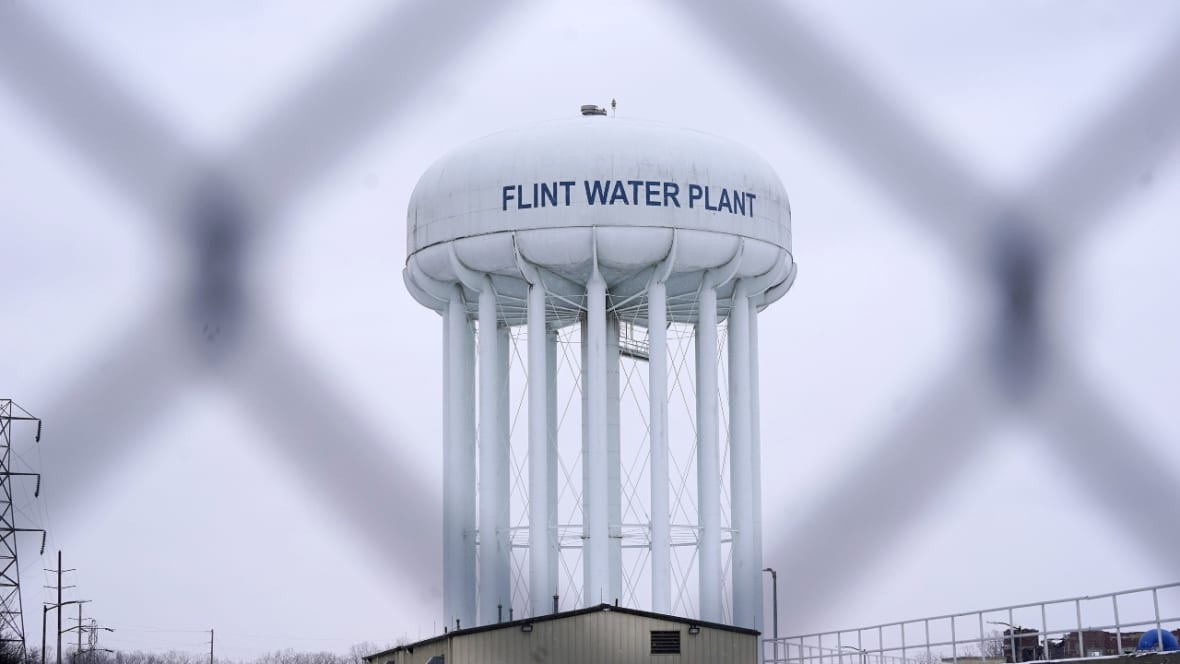Judge OKs $626M settlement in Flint water case
In 2014, state authorities permitted the primarily Black city to switch its drinking water source from the Detroit River and Lake Huron to the Flint River, exposing up to 12,000 children to lead-contaminated water.
A judge has approved the $626 million settlement with the state of Michigan and other parties related to the Flint water crisis, marking what its attorney general’s office claims is the largest civil settlement in Wolverine State history.
Genesee County Circuit Court Chief Judge David J. Newblatt issued a decision on Monday that gave final judgment in cases still pending in the local court involving defendants who had previously agreed to settle with Flint residents. According to The Detroit News, one of the last formalities in the process was Newblatt’s decision to dismiss the active cases and put the settlement into effect.
The $626 million payout – officially announced in August 2020 – consists of $600 million and $20 million from the state and city, respectively, as well as $5 million from McLaren Regional Medical Center and $1.25 million from private engineering firm Rowe Professional Services Co.

The Flint water crisis victims will be able to receive payment from the settlement fund after the completion of the claims review procedure. A court-appointed special master is reviewing claims that more than 40,000 people filed.
U.S. District Judge Judith Levy initially approved the agreement in January 2021, but about two dozen opponents contested it. However, a judge dismissed their appeal last week.
The Hill reported that Levy’s preliminary deal distributes 80% of the net funds to Flint residents who were minors when exposed to the contaminated water and another 18% to adult and property damage claimants.
Another 2% would go toward Genesee County special education programs, and the final 8% would be allocated to business losses.
In 2014, state authorities permitted the primarily Black city of Flint to switch its drinking water source from the Detroit River and Lake Huron to the Flint River, exposing up to 12,000 children to lead-contaminated water. In addition to the lead contamination in Flint, the shift brought about a Legionnaires’ disease outbreak in which at least 12 people died.
A judge later dropped charges against seven officials, including former Republican governor Rick Snyder, who was among those charged criminally in relation to the crisis.
Numerous multimillion-dollar lawsuits against the U.S. Environmental Protection Agency and two private engineering firms — Veolia North America and Lockwood, Andrews & Newnam — are still being brought by Flint residents in connection with the water disaster, according to Detroit News.
Although the historic settlement moves its residents closer to receiving financial compensation for the catastrophe that started almost 10 years ago, Michigan Attorney General Dana Nessel said in a statement Tuesday it “cannot undo the unimaginable hardship and heartbreaking health effects these families and children in Flint have endured.”
“This ruling provides families with much-needed compensation for the injuries they have suffered,” Nessel contended. “I am proud of my team’s tireless work on behalf of the people of Flint.”
TheGrio is FREE on your TV via Apple TV, Amazon Fire, Roku and Android TV. Also, please download theGrio mobile apps today!


